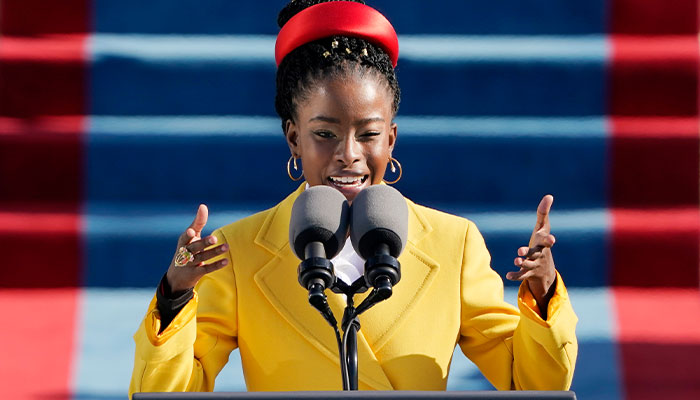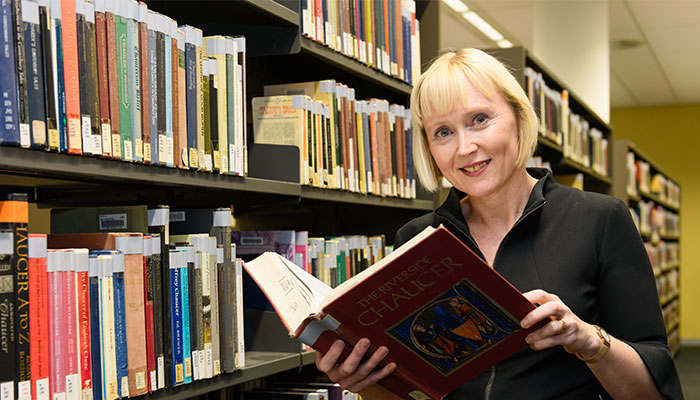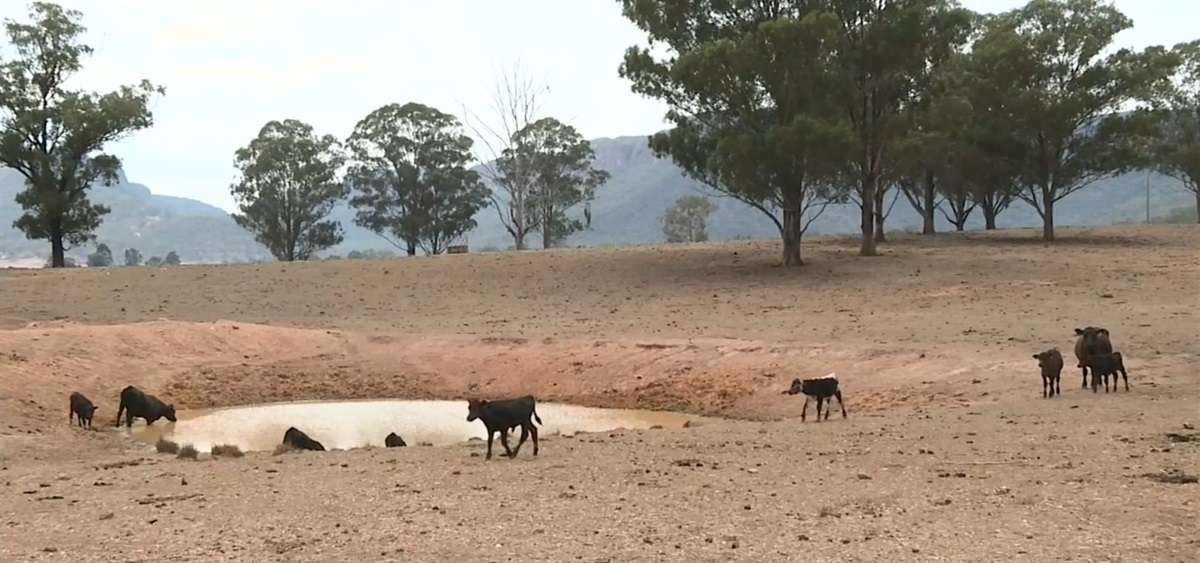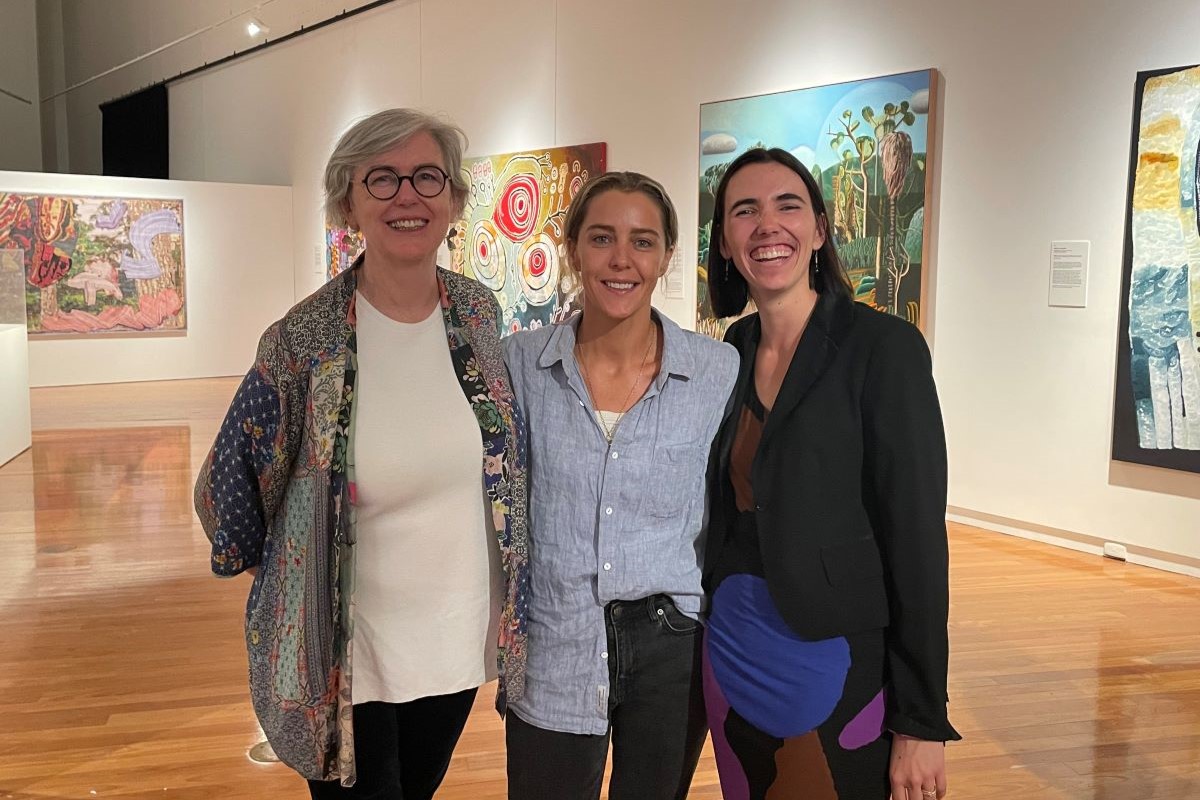“The oration of poetry,” 22-year-old Amanda Gorman told Vogue on the eve of her Inauguration recital, “I consider to be its own art form and tradition.”
She proved that to be true with a perfect poem for the occasion of the new President Joe Biden’s swearing in. In it, she brought poetic language into contact with everyday speech.
Poised and perceptive and wearing a Prada coat the colour of distilled sunshine, she bridged political and poetic performance, fusing the urgency of spoken word poetry with the strong moral foundation of the African-American culture of preaching.
She used dense, textured language. Through clever rhyming and sound patterning, especially alliteration, she created a shared experience and a shared memory. It was a unifying performance as well as a unifying message.
Young people like her are proof that ‘there is always light, if only we’re brave enough to see it; if only we’re brave enough to be it’.
The Hill We Climb used poetry’s unique power to condense the tension and turbulence of recent American life into something clarifying.
Responses were rapturous. Barack Obama tweeted: “On a day for the history books, @AmandaGorman delivered a poem that more than met the moment. Young people like her are proof that ‘there is always light, if only we’re brave enough to see it; if only we’re brave enough to be it’. “
Amanda Gorman is one of only six poets to have performed at a presidential inauguration, following in the footsteps of Maya Angelou (Bill Clinton, 1993) and Elizabeth Alexander (Barack Obama, 2009)
The activist and poet from Los Angeles writes about feminism, race, and marginalisation. In 2014, aged 16, she was named Youth Poet Laureate of LA. Three years later she became US National Youth Poet Laureate. The new First Lady Dr Jill Biden tapped her on the shoulder for the Inauguration honour.
A world of wordsmiths
Poet laureates are tasked with being poetic ambassadors in and for their societies. They are named for the ancient Roman and Greek traditions of presenting someone who has excelled or achieved with a wreath of laurel leaves.

Unifying performance: Amanda Gorman delivers her poem, The Hill We Climb, at the Inauguration of US President Joe Biden.
Britain, Canada, New Zealand, Ireland, Germany, Iran, Nigeria, and Italy are among nearly 20 countries that have appointed poet laureates. The US has a national one, 46 state poet laureates and numerous city and county title holders.
John Dryden was the first official English poet laureate, appointed in 1668 by Charles II. Notable successors have included William Wordsworth, Alfred, Lord Tennyson, Ted Hughes, Carol Ann Duffy and Simon Armitage, who was appointed in 2019.
In the UK, the poet laureate is a salaried member of the British royal household, commended to the monarch by the Department for Culture, Media and Sport; the American poet laureate acts as the chair of poetry for the Library of Congress.
American poet laureates have included Robert Lowell, Robert Frost, Louise Glück, Gwendolyn Brooks, and Joy Harjo, who is in her third tenure as Poet Laureate Consultant in Poetry to the Library of Congress, aka the United States Poet Laureate.
Does Australia have a poet laureate?
Australia’s one and only poet laureate was the convict Michael Massey Robinson who was appointed by Governor Lachlan Macquarie and held the role for a decade. He was paid two cows for the privilege. Early British poet laureates had their honorarium augmented by barrels of sherry or wine.
Les Murray was often referred to as Australia’s unofficial poet laureate. Murray was widely regarded, alongside Nobel laureates Seamus Heaney and Derek Walcott, as one of the greatest poets of recent times. Australia continues to produce gifted, laureate-worthy poets; it’s baffling that we have never, since Robinson, formally named one.
Australia’s one and only poet laureate was the convict Michael Massey Robinson … he was paid two cows for the privilege.
Tennyson (UK laureate 1850-1892) was perhaps the template for poet laureates. He was an astonishingly good poet, but some of his most famous works are inseparable from British Imperialism and gave a voice to its ideologies. You have to ask, can one voice reflect, for 42 years, a society undergoing sweeping political, technological and social reform, as Victorian England was?
Current UK laureate Simon Armitage takes a modern approach. Seeing his laureate role as essentially public, he accepts commissions that are more public-orientated than power-orientated; he writes poetry about mental health, the environment and lockdown. He has even used his salary to fund a prize in environmental poetry.
Evergreen subjects that inspire poetry
The woes of the world can be cyclical. Solitude is a huge theme in Old English poetry, which I was teaching just before we went into lockdown last year.
On the day everyone was ordered home I taught Pearl, a late 14th-century grieving poem written in the wake of the Black Death; Chaucer’s The Book of the Duchess, published in 1368, commemorated a victim of the plague. These poems provided a way of processing the reality of mass death.
Amanda Gorman’s here and now is the Black Life Matters movement and a time when young, energetic women emerge from minorities to be a new political force.
Poet laureates remind us of the value of poetry, that poetry has the power to boil things down and hand our thoughts back to us in an aesthetically powerful and compact way.
We often think we are not a poetic society, yet everyone wants songs and poems at funerals. People want the intensity of meaning that poetry offers.
It is important people seek out poetry in their moments of crisis. And, of course, beyond the crises.

Louise D’Arcens (pictured) is a Professor of Medieval Literature in the Department of Media, Communications, Creative Arts, Language and Literature. Poets on staff in the Faculty of Arts include Associate Professor Marcelle Freiman and Dr Toby Davidson. In 2021, ENGL3040 examines poetry “from Epic to Instagram”.






